We are pleased to announce the continuation of the PowerMEMS School. PowerMEMS School 2019 will be held in conjunction with the PowerMEMS conference on Monday, December 2, 2019 from 09:00 - 18:50. This one-day school will provide overview and education covering various topics related to energy harvesting. Invited lectures will be given by world leading experts on their chosen topics including energy harvesting materials and structures, power conditioning and energy storage and energy harvesting applications etc. The wide coverage offered by the school will be ideal for Ph.D candidates, industry researchers and practitioners including newcomers to the field, who want to broaden their understanding and knowledge over the field. Each lecture will have a tutorial character while overviewing the state of the art on the topic.
PowerMEMS School 2019 will be held at AGH University of Science and Technology in Kraków.
The detailed address is:
Faculty of Computer Science, Electronics and Telecommunications
Building D-17, ul. Kawiory 21 (nr 5 in a legent of AGH UST Campus Map).
Registration Fees for PowerMEMS School 2018 are the following:
PowerMEMS 2018 Conference Participant: 140 Eur
PowerMEMS 2018 Conference Student: 80 Eur
To do new registration including PowerMEMS School, please visit this link.
To add PowerMEMS School to an existing registration, please contact Conference Secretary: info@powermems.org
The PowerMEMS School fee includes:
- participation in workshops,
- catering,
- accommodation in a dorm of AGH (double rooms) from December 1 to 6, 2019.
DS-2 “Babilon”, ul. Rostafińskiego 11(nr 30 a legent of AGH UST Campus Map).
| 08:30 | Registration |
| 09:00 - 09:10 | Opening Dibin Zhu - University of Exeter, UK KatarzynaZakrzewska, AGH University of Science and Technology, Poland |
| 09:10 - 10:00 | Piezoelectric and Pyroelectric Materials and Structures for Energy Harvesting Chris Bowen, University of Bath, UK |
| 10:00 - 10:50 | Energy harvesting using multiferroic materials Manfred Kohl, Karlsruhe Institute of Technology (KIT), Germany |
| 10:50 - 11:10 | Break |
| 11:10 - 12:00 | Energy Harvesting for Wearables: with a Focus on Energy from Motion Shad Roundy, University of Utah, USA |
| 12:00 - 12:50 | Nonlinear Effects in Energy Harvesting Grzegorz Litak, Lublin University of Technology, Poland |
| 12:50 - 15:00 | Lunch on Own |
| 15:00 - 15:50 | On-chip energy storages based on advanced nanomaterials and nanofabrication Xiaohong (Ellen) Wang, Tsinghua University, China |
| 15:50 - 16:40 | Power Management for Energy Harvesting Seamus O'Driscoll, Tyndall National Institute, Ireland |
| 16:40 - 17:00 | Break |
| 17:00 - 17:50 | Thermoelectric thin film generator Koji Miyazaki, Kyushu Institute of Technology, Japan |
| 17:50 - 18:40 | High vacuum MEMS Tomasz Grzebyk, Wroclaw University of Science and Technology, Poland |
| 18:40 - 18:50 | Closing Remarks |
| 19:30 - 23:00 | Evening reception |
Piezoelectric and Pyroelectric Materials and Structures for Energy Harvesting
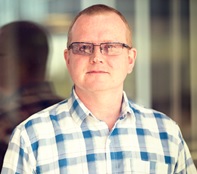
Chris Bowen
Materials and Structures (MaSt) Centre, University of Bath, United Kingdom
Materials and Structures (MaSt) Centre, University of Bath, United Kingdom
Christopher Rhys Bowen has a BSc degree in Materials Science from the University of Bath (1986-1990) and a DPhil in Ceramics from the University of Oxford (1990-1993). Post-doctoral work has been undertaken at Tecnische Universität Harburg-Hamburg and University of Leeds (1994-1996). He was Senior Scientist at the Defence Evaluation and Research Agency from 1996-1998. He joined the University of Bath as a Lecturer in 1998 and is now Professor of Materials. Research areas include energy harvesting, piezoelectric materials and functional ceramics.
Energy harvesting using multiferroic materials
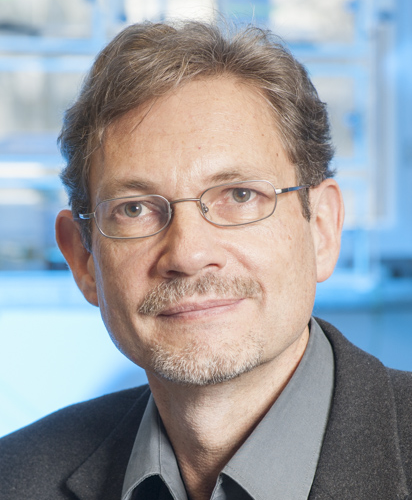
Manfred Kohl
Karlsruhe Institute of Technology (KIT), Germany
Karlsruhe Institute of Technology (KIT), Germany
Manfred Kohl is a professor in the Faculty of Mechanical Engineering and head of the Department of Smart Materials and Devices at the Institute of Microstructure Technology at Karlsruhe Institute of Technology (KIT), Germany. He received his PhD degree in physics from the University of Stuttgart, Germany. He worked as an IBM postdoctoral fellow at the T.J. Watson Research Center in Yorktown Heights, and subsequently joined KIT. His current research focuses on multiferroic materials and corresponding microsystems, as well as multimaterial micro- and nanotechnologies.
Energy Harvesting for Wearables: with a Focus on Energy from Motion
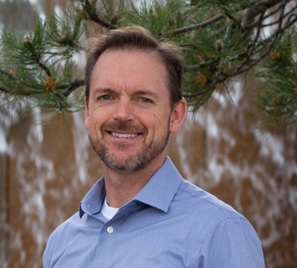
Shad Roundy
Department of Mechanical Engineering, University of Utah
Department of Mechanical Engineering, University of Utah
Shad Roundy is the director of the Integrated Self-Powered Sensing lab at the University of Utah which focuses on energy harvesting, wireless power transfer, and more generally applications of ubiquitous wireless sensing. Shad received his PhD in Mechanical Engineering from the University of California, Berkeley in 2003. From there he moved to the Australian National University where he was a senior lecturer in the Systems Engineering Department. He spent the next several years working with startup companies LV Sensors and EcoHarvester developing MEMS pressure sensors, accelerometers, gyroscopes, and energy harvesting devices. In 2012, he re-entered academia joining the mechanical engineering faculty at the University of Utah. Dr. Roundy is the recipient of the National Science Foundation CAREER Award, DoE Integrated Manufacturing Fellowship, the Intel Noyce Fellowship, and was named by MIT’s Technology Review as one of the world’s top 100 young innovators for 2004.
Nonlinear Effects in Energy Harvesting
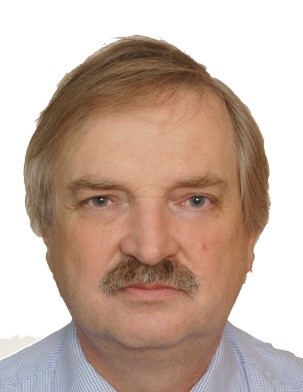
Grzegorz Litak
Lublin University of Technology, Poland
Lublin University of Technology, Poland
Grzegorz Litak was born 12.04.1963 in Lublin, Poland. He completed his M.Sc. degree in physics at Maria Curie Sklodowska University (UMCS) in Lublin, Poland in 1988. Later, working on the effects of disorder on correlated and exotic superconductors, he received his Ph.D (1994) and D.Sc (2002) degrees from the same University. After defending his Ph.D thesis he moved to Technical University in Lublin where he is presently working as a full professor and the Head of Department of Automation. From 1994 he started his research on mechanical engineering, production engineering, and nonlinear dynamics. He focused on bifurcation theory, machine diagnostics, chaotic dynamics and nonlinear time series analysis. Recently, he was also involved in research on mechanical energy harvesting, focusing on frequency broadband effects. In the period of 2016-2018 prof. Litak worked also at AGH University of Science and Technology. G. Litak published over 280 papers including about 220 in international journals. He is actively collaborating with many researchers from other Institutes, while being a visiting scientist at UMCS in Lublin, Bath University, Swansea University, Max Planck Institute in Dresden, Technical University of Vienna, Technical University of Chemnitz, Rey Juan Carlos Universidad in Madrid, University of Marche in Ancona, and University of Aberdeen, Autonomus University of Barcelona, Polytechnic University of Catalonia, and INSA Lyon. Presently, he is a member of the Polish Physical Society, the Polish Society of Theoretical and Applied Mechanics. He was an associate editor of the Journal of Applied Sciences (2008-2011) Journal of Chaos (2014-2015), presently, an associate editor of the Advances in Science and Technology Research Journal.
On-chip energy storages based on advanced nanomaterials and nanofabrication
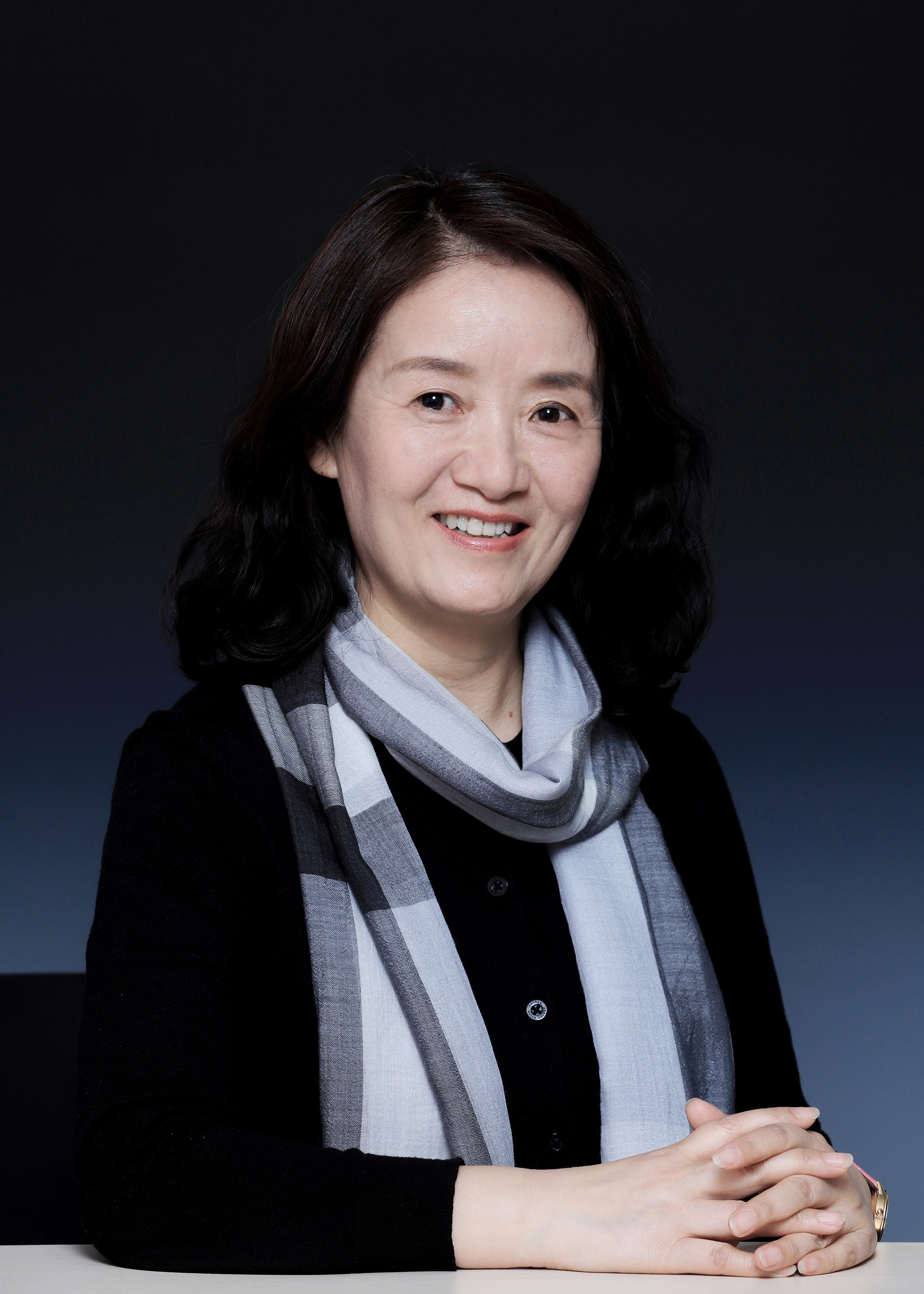
Xiaohong (Ellen) Wang
Tsinghua University, China
Tsinghua University, China
Xiaohong (Ellen) Wang is full professor in Department of Microelectronics and Nanoelectronics, Tsinghua University, China, guest professor in ETH Zürich, Switzerland. She received her Ph.D. from Tsinghua University in Mechanical Engineering. As a visiting scholar, she did the research on micro SOFC in Stanford University from Nov. 2005 to Oct. 2006. She also had several months’ research experience in HKUST and UCLA in 2001 and 2007, respectively. Her research now is on the fields of MEMS/NEMS design and integration technologies, in particular on Power-MEMS, like micro fuel cells, micro supercapacitors, silicon-based lithium batteries, and biological microgenerators etc. She has served several international conferences as TPC/ETPC member, like IEEE-IEDM, IEEE-MEMS, Transducers, PowerMEMS etc., and the track-chair of IEEE Sensors. She was the General Co-Chair of IEEE-MEMS2016 held in Shanghai. She is an Associate Editor of IEEE/ASME JMEMS and PNG Microsystems &Nanoengineering, Editorial Advisory Board member of JMM.
1uW-100mW Mixed Signal Controlled Buck-Boost Converter Design
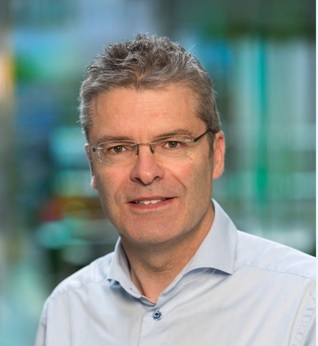
Seamus O'Driscoll
Tyndall National Institute, Ireland
Tyndall National Institute, Ireland
Séamus is currently Principal Investigator for Integrated Power Systems at Tyndall National Research Institute and is leading a number of research themes spanning ULP PMIC, Isolated Power/Smart Gate Driver, POL and iVR for SoC, thin film magnetics-on-silicon and substrate embedded magnetics.
Earlier career roles have included Power Control Silicon Systems Architect for Texas Instruments Ltd. and Corporate Technology Staff Engineer with Artesyn Technologies Ltd. He has released many professional power product designs with multiple industry “firsts” to the world’s leading communications and computer companies and has 8 patents granted.
Earlier career roles have included Power Control Silicon Systems Architect for Texas Instruments Ltd. and Corporate Technology Staff Engineer with Artesyn Technologies Ltd. He has released many professional power product designs with multiple industry “firsts” to the world’s leading communications and computer companies and has 8 patents granted.
Thermoelectric thin film generator
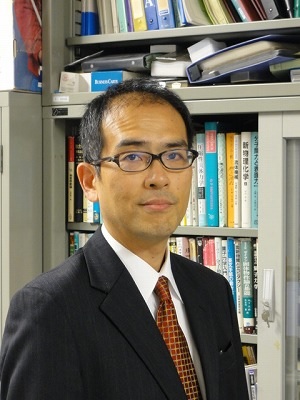
Koji Miyazaki
Department of Mechanical and Control Engineering
Kyushu Institute of Technology, Japan
Department of Mechanical and Control Engineering
Kyushu Institute of Technology, Japan
Koji Miyazaki received his B.Eng., M. Eng., and D. Eng. degrees in Mechanical Science and Engineering from Tokyo Institute of Technology, Japan in 1995, 1996, and 1999 respectively. He then joined Department of Mechanical and Control Engineering, Kyushu Institute of Technology. Dr.Miyazaki has been a Professor of the Department of Mechanical and Control Engineering, Kyushu Institute of Technology from 2011. His research interests includethermophysical properties of nano-structured materials, and their applications. He currently serves as an editor of Journal of Thermal Science and Technology and Thermal Science and engineering. He is a board member of Micro-Nano Science and Technology Division, JSME, and a board member of Japan Society of ThermophysicalProperites. He was endowed with the Fellow from Japan Society of Mechanical Engineers in 2016. He is also a PI of one of JST-CREST projects (Creation of Innovative Core Technologies for Nano-enabled Thermal Management) from November 2017.
High vacuum MEMS
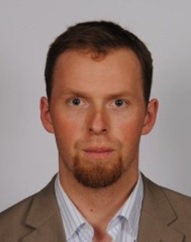
Tomasz Grzebyk
Wroclaw University of Science and Technology
Wroclaw University of Science and Technology
Tomasz Grzebyk received the M.Sc. Eng. and Ph.D. degrees from the Faculty of Microsystem Electronics and Photonics, Wroclaw University of Science and Technology, Wroclaw, Poland, in 2009 and 2014, respectively, and the M.Sc. degree from the Faculty of Physics and Astronomy, Wroclaw University, in 2011. Since 2014 he has been an Assistant and since2019 Ass. Professor with the Wroclaw University of Science and Technology.
His current research interests include MEMS, MOEMS, μTAS microsystems, and vacuum nanoelectronics devices. His works concentrate mainly on the problem of providing stable vacuum conditions inside miniature devices. His an author of one of the first MEMS micropumps able to generate high vacuum on a chip level and co-inventor of a family of so-called “high vacuum MEMS”, including: MEMS mass spectrometer, MEMS electron microscope, MEMS atomic clock, which are currently under development.
He is a member of the Polish and American Vacuum Societies and Polish Sensor Society.
He is an author of more than 50 scientific and conference papers and holder of 8 patents.
His current research interests include MEMS, MOEMS, μTAS microsystems, and vacuum nanoelectronics devices. His works concentrate mainly on the problem of providing stable vacuum conditions inside miniature devices. His an author of one of the first MEMS micropumps able to generate high vacuum on a chip level and co-inventor of a family of so-called “high vacuum MEMS”, including: MEMS mass spectrometer, MEMS electron microscope, MEMS atomic clock, which are currently under development.
He is a member of the Polish and American Vacuum Societies and Polish Sensor Society.
He is an author of more than 50 scientific and conference papers and holder of 8 patents.